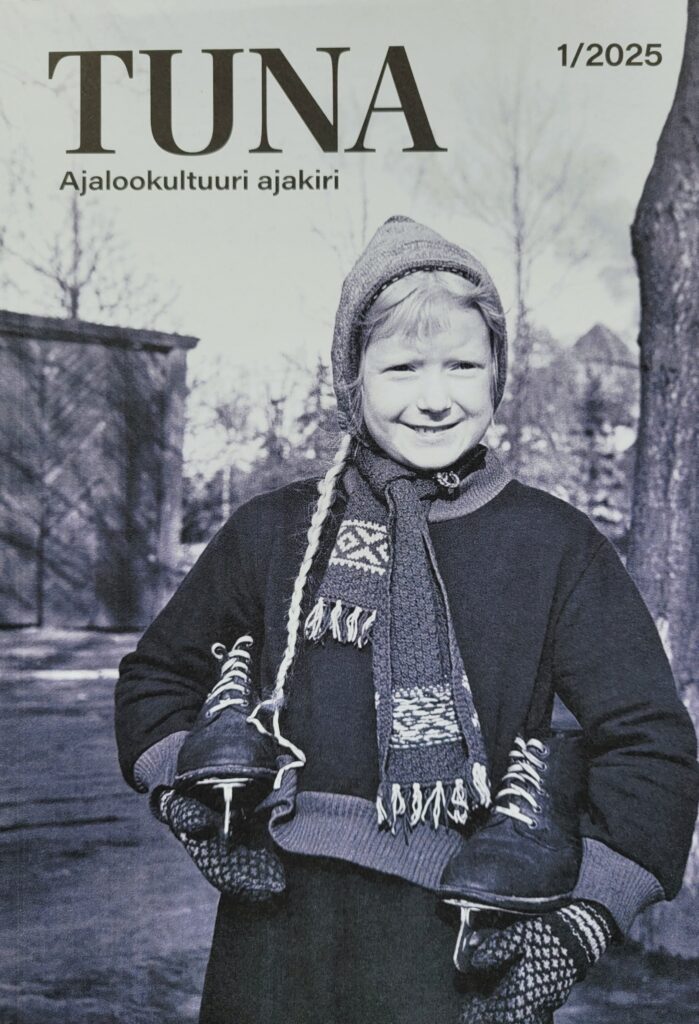Aira Võsa „Ehre verlohren, alles verlohren. Academia Gustaviana professor Andreas Virginius oma aadliau kaitsmas“

Võsa, Aira (2025). Ehre verlohren, alles verlohren. Academia Gustaviana professor Andreas Virginius oma aadliau kaitsmas. Tuna. Ajalookultuuri ajakiri, 9−27.
Abstract auf Englisch
Ehre verlohren, alles verlohren. Andreas Virginius, Professor at the Academia Gustaviana, in Defence of his Honour
The first professor of theology at the University of Tartu, Andreas Virginius (1596–1664), is the only scholar of noble origin in early modern Livonia who was active throughout his life as an academic and clergyman, and whose lifestyle and activities transcended traditional caste boundaries. Since Virginius was not one of the clergymen who translated religious literature into Estonian, neither his biography nor his writings have been of systematic interest to scholars. This article is the first historical paper to deal with the problems of Virginius’s origins and how they are reflected in his Apologia from 1636, written as an ego-document. Born probably in the town of Schivelbein in Pomerania as a member of the Schwessin lineage, but deprived of fief rights, Virginius studied and taught at several German universities and presided over or defended at least eight philosophical and theological disputations during his exceptionally lengthy period of studies. After the restoration of his family’s fief rights in 1621, Virginius started using a noble title in his name, in addition to his academic degree. His nobility probably played a key role in his appointment by the Chancellor of the Tartu Academy, Johan Skytte, as the first Vice-Rector of the University of Tartu. In Tartu, however, Virginius’s position came under attack and, according to the Academy’s statutes, any damage to his reputation would have ended his academic career. In 1636, Virginius wrote his apologia Nothwendige Vertheidigung in defence of his nobility and his good name in response to an anonymous slander against him, as if he were not a nobleman. According to the motto of that work, to lose honour is to lose everything. For him, honour represented the pinnacle of the hierarchy of noble values, which also included ceremonial and material privileges. He treated his defence of nobility not only as a personal matter, but more broadly as a need to defend status-driven society, using legal, theological, and socio-political arguments. Virginius supported his case with arguments from a wide range of legal authorities and used proverbs and sayings in both German and Latin. Although Andreas Virginius had fought for and proved the nobility of his family, even in anticipation of future generations, it was called into question again about half a century later when Adrian Virginius had to convince the Livonian Knighthood of the nobility of his deceased uncle Bernhard Virginius.